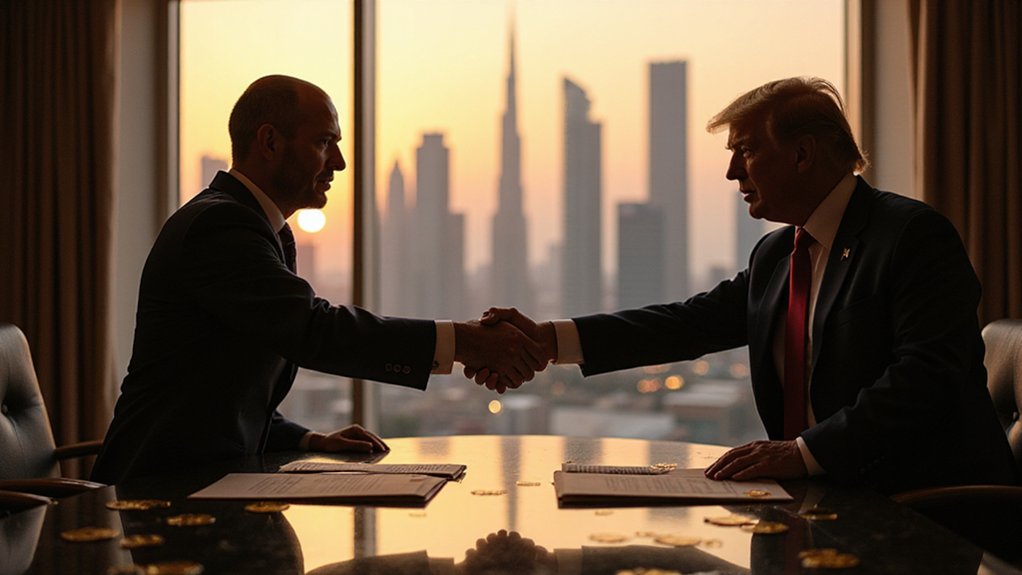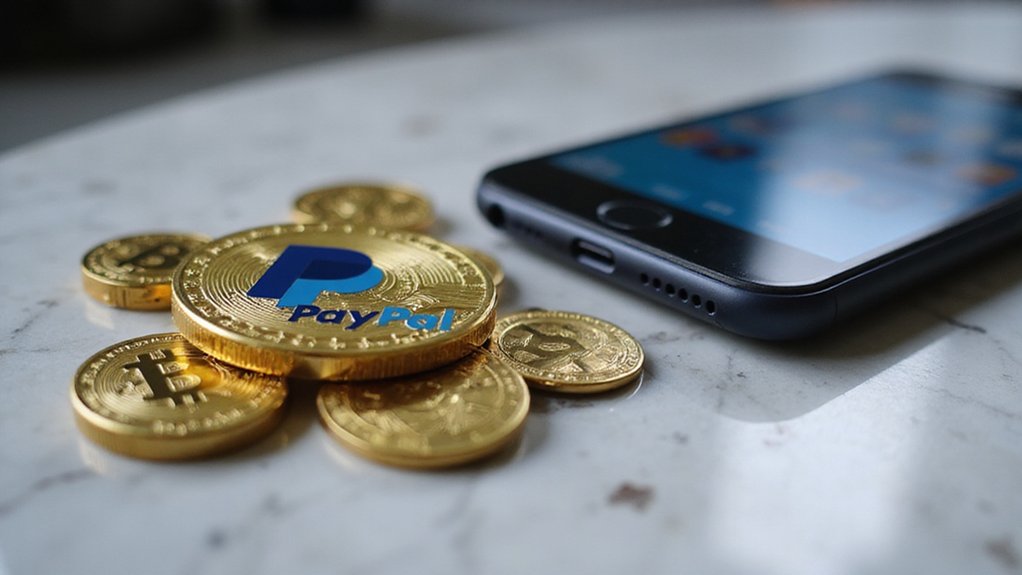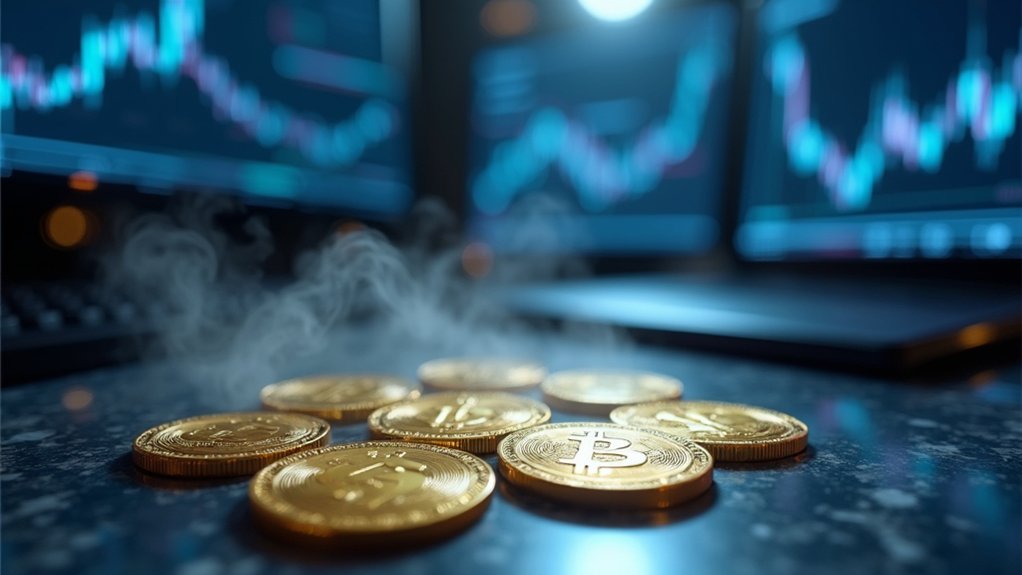A $2 billion crypto investment deal connecting former President Donald Trump to cryptocurrency exchange Binance has ignited a firestorm of controversy across Washington’s political landscape.
The arrangement, triangulating Trump’s family interests with an Emirati state-backed venture fund named MGX and World Liberty Financial’s USD1 stablecoin, has raised eyebrows in both financial and governmental spheres.
The complex transaction—wherein MGX deploys capital to Binance via the Trump-affiliated stablecoin—exhibits the peculiar intersection of political influence and blockchain finance that has become de rigueur in today’s regulatory penumbra.
As cryptocurrency ventures increasingly attract sovereign wealth, one wonders if the invisible hand now wears a presidential seal ring.
The sovereign colonization of blockchain terrains suggests market forces now operate with executive privilege and diplomatic immunity.
Capitol Hill’s response proved swift and predictable.
Democratic senators have vociferously demanded investigations by the Office of Government Ethics, citing potential quid pro quo arrangements—the political equivalent of “you scratch my Emirati back, I’ll scratch yours.”
The timing couldn’t be more problematic for bipartisan stablecoin legislation, with Democrats now withholding support for the previously uncontroversial GENIUS Act.
Meanwhile, Trump has positioned himself as America’s crypto champion, advocating for U.S. primacy in digital asset markets—a curious pivot for someone whose previous financial ventures leaned more toward gold-plated real estate than distributed ledgers.
National security experts have sounded alarms regarding foreign entanglements with presidential finances, particularly given Binance’s complex regulatory history¹.
The White House has, predictably, issued categorical denials of impropriety.
The controversial Trump meme coin further complicates matters by offering private dinner access to top investors, blurring lines between political privilege and financial stake.
Market implications remain unclear.
While proponents tout economic benefits from increased investment flows, skeptics question whether regulatory arbitrage—rather than innovation—drives such arrangements.
The administration’s rhetorical embrace of the crypto sector contrasts sharply with tangible policy outcomes.
For investors watching from the sidelines, the spectacle offers a master class in political risk assessment.
When presidential fortunes intertwine with digital currencies backed by foreign capital, the investment thesis becomes inextricably linked to election cycles—a volatility factor no prospectus can adequately disclose.
The underlying technology employs automated execution capabilities where predefined conditions trigger transactions without intermediaries, potentially streamlining cross-border financial flows while raising questions about regulatory oversight.
Senators Merkley and Warren have raised serious concerns about possible violations of the Emoluments Clause due to MGX’s direct ties to the UAE government.
¹Binance paid $4.3 billion in fines to U.S. authorities in 2023.









